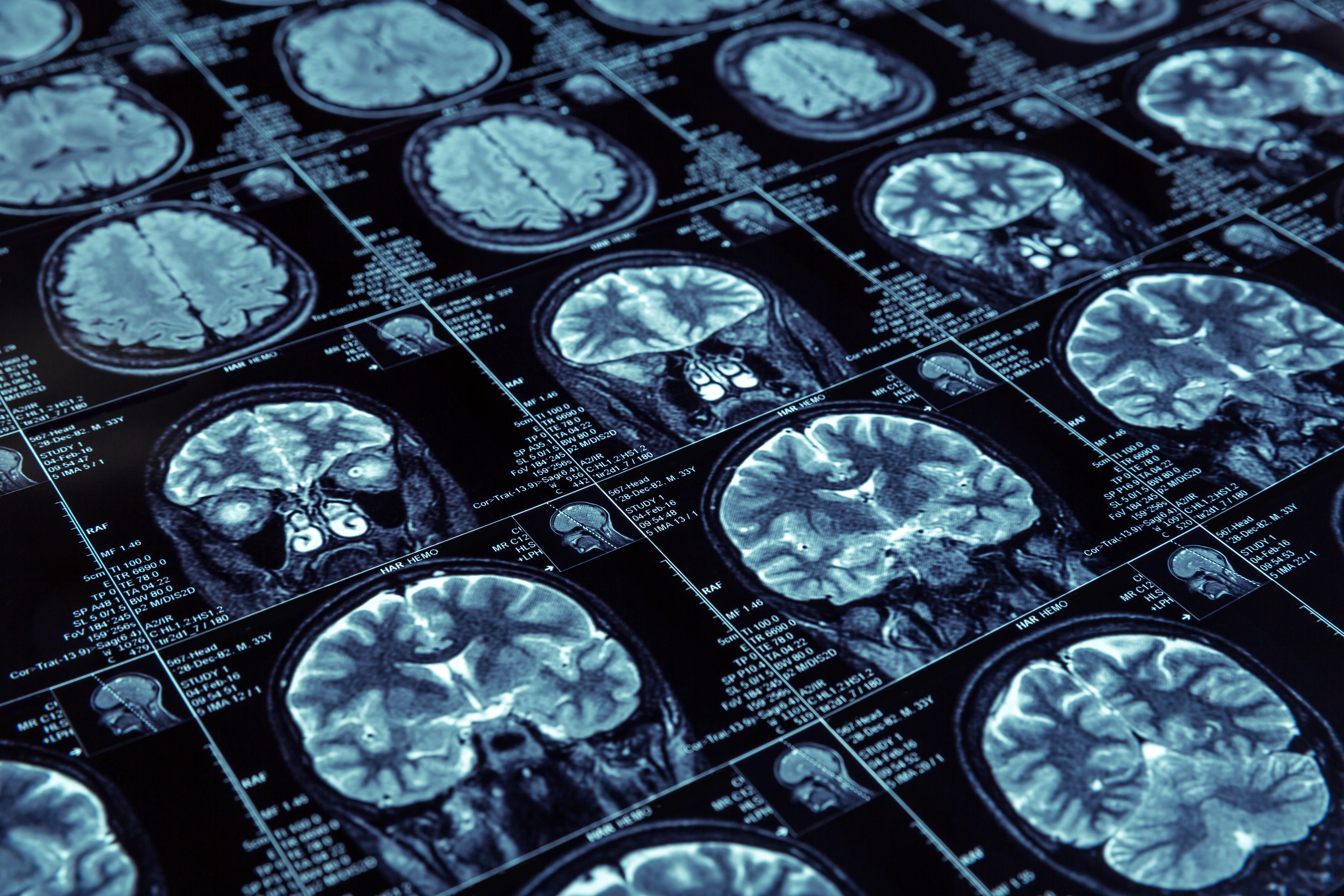 Recently, I became involved in writing about artificial intelligence at Mind Matters Today. Here’s a short piece you might enjoy:
Recently, I became involved in writing about artificial intelligence at Mind Matters Today. Here’s a short piece you might enjoy:
If the mind is just what the brain does, as materialists claim, how do we explain this?
The boy, identified as UD in the case study, was a healthy, normal kid—up until he suddenly suffered a seizure at age four. He subsequently developed intractable epilepsy due to the tumor. When he was nearly seven years old, his parents and doctors made the tough decision to surgically remove the mass. That also meant removing the entire right side of his occipital lobe and part of his temporal lobe on his right side. Together, the extracted sections accounted for a third of the right hemisphere of UD’s brain.It was a terrible decision to have to make.
After the surgery, doctors and researchers weren’t sure exactly how UD’s brain would handle losing such key visual and recognition regions. Of the two extreme possibilities, one was that his brain’s networks wouldn’t reorganize at all to compensate for the loss, and UD would have severe visual and sensory processing disabilities. The other extreme hypothesis was that UD’s brain would completely compensate, with other regions taking over the roles of the right sides of the occipital and temporal lobes, leading UD to function completely normally. Beth Mole, "Doctors cut out a large chunk of a boy’s brain—now he’s doing just fine" at Ars Technica

In the end, the only permanent injury appears to have been a blind spot on his left side. The paper is at Cell Reports (open access).
Modern medical diagnostics, far from definitively showing that the mind is just what the brain does, challenges that notion.
Earlier this year, Ars Technica also reported on the case of an otherwise healthy 84-year-old man who had a 9cm (~3.5 inch) pressurized pocket of air in place of much of his right frontal lobe. He had come to medical attention because of routine complaints for an elderly person. (The journal article is open access.)
When pundits talk glibly of creating artificial minds or claim that consciousness is an illusion, it might help to remember that few predicted cases like this could exist and few thought that high tech diagnostics would lead to their discovery.
See also: How to hack your unconscious mind - assuming it exists Those who tell us that we can learn to use our unconscious mind and those who tell us that it doesn’t exist both claim to speak for science. But this is no ordinary dispute. An ordinary dispute might be something like What killed the dinosaurs? Imagine instead a dispute between scientists who do and scientists who do not believe that dinosaurs have ever existed.
Neurosurgeon outlines why machines can’t think: The hallmark of human thought is meaning, and the hallmark of computation is indifference to meaning. and Neuroscience tried wholly embracing naturalism, but then the brain got away
and See also: The brain is not a “meat computer” Dramatic recoveries from brain injury highlight the difference Writers' tips
Also, a sample writer’s tip link from the Ottawa Christian Writers’ Fellowship Facebook page: A new kind of book, designed for the age of peak TV? (May as well know it's out there. Would the format work for us?) See here. Join OCWF here to see all the rest. (You do not need to live in or near Ottawa.)










1 comment:
Fascinating!
And enlightening in a sort of obscure way, Denyse. What I mean by obscure is not that you're not plain in your presentation, but, that while I'm way out of my depth here, I'm *consciously* [smile] aware that I've learned something.
Thanks, as always. ~~+~~
Post a Comment